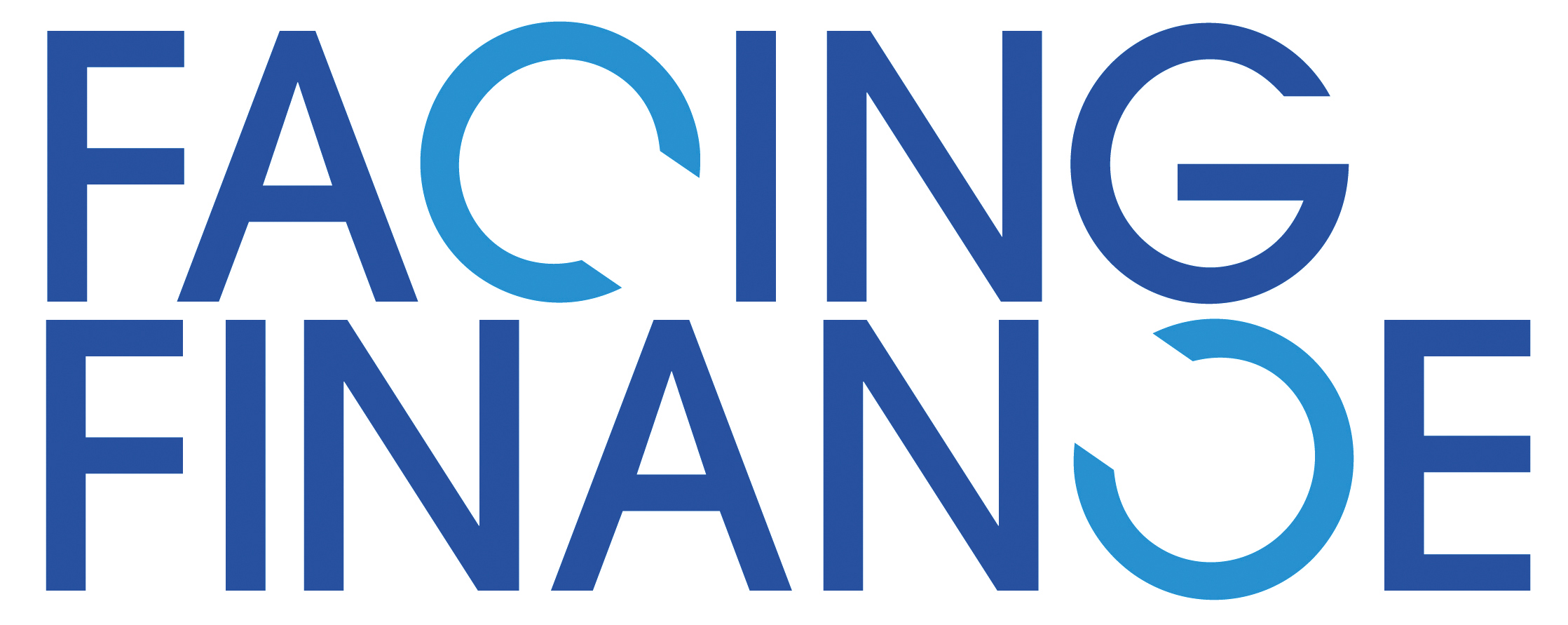region_misc
South Sudan (inter-communal rivalry),
South Sudan (opposition)
South Sudan (opposition)
BICC Human Rights Assessment
critical
BICC Illicit Arms Trade Risk
critical
Conflict Detail Descriptions
36 South Sudan
South Sudan (inter-communal rivalry):
The limited war between various local communities over subnational predominance and resources, especially cattle and land, escalated to a war. Compared to last year, violent confrontations between and within local communities, such as Dinka, Nuer, and Murle communities, as well as their various subgroups, increased significantly with the states of Jonglei, Lakes, and Warrap being most affected. In total, at least 1,847 people were killed compared to 750 reported deaths in 2019, and more than 680,900 people were displaced. The actual figures are presumed to have been substantially higher but the region's fragile security situation and the rurality of the conflict hamper comprehensive media coverage. According to the UN Special Representative of the Secretary- General, the increased level of violence was driven by the local power vacuum due to the implementation delay of the 2018 peace accord [! South Sudan (opposition)], humanitarian threats such as drought, flooding, and severe food insecurity, as well as widespread proliferation of small arms in the region.,
South Sudan (opposition):
The violent crisis over national power and the orientation of the political system between various opposition groups, mostly aligned in the South Sudan Opposition Alliance (SSOA), on the one hand, and the government of President Salva Kiir, leader of the Sudan People's Liberation Movement (SPLM), as well as the former major opposition group Sudan People's Liberation Movement in Opposition (SPLM/A-IO), on the other, escalated to a limited war. Most SSOA groups had joined The Revitalised Agreement on the Resolution of the Conflict in South Sudan (R-ARCSS) between SPLM and SPLM/A-IO in 2018 and thus 2020 was marked by a continuation of processes to fully enforce the RARCSS. However, the opposition groups South Sudan United Front (SSUF), People's Democratic Movement (PDM), and National Salvation Front (NAS) refused to sign and the NAS continued to fight the government. The UN thus extended their arms embargo on South Sudan and the mandate of the UNMISS for another year.
South Sudan (inter-communal rivalry):
The limited war between various local communities over subnational predominance and resources, especially cattle and land, escalated to a war. Compared to last year, violent confrontations between and within local communities, such as Dinka, Nuer, and Murle communities, as well as their various subgroups, increased significantly with the states of Jonglei, Lakes, and Warrap being most affected. In total, at least 1,847 people were killed compared to 750 reported deaths in 2019, and more than 680,900 people were displaced. The actual figures are presumed to have been substantially higher but the region's fragile security situation and the rurality of the conflict hamper comprehensive media coverage. According to the UN Special Representative of the Secretary- General, the increased level of violence was driven by the local power vacuum due to the implementation delay of the 2018 peace accord [! South Sudan (opposition)], humanitarian threats such as drought, flooding, and severe food insecurity, as well as widespread proliferation of small arms in the region.,
South Sudan (opposition):
The violent crisis over national power and the orientation of the political system between various opposition groups, mostly aligned in the South Sudan Opposition Alliance (SSOA), on the one hand, and the government of President Salva Kiir, leader of the Sudan People's Liberation Movement (SPLM), as well as the former major opposition group Sudan People's Liberation Movement in Opposition (SPLM/A-IO), on the other, escalated to a limited war. Most SSOA groups had joined The Revitalised Agreement on the Resolution of the Conflict in South Sudan (R-ARCSS) between SPLM and SPLM/A-IO in 2018 and thus 2020 was marked by a continuation of processes to fully enforce the RARCSS. However, the opposition groups South Sudan United Front (SSUF), People's Democratic Movement (PDM), and National Salvation Front (NAS) refused to sign and the NAS continued to fight the government. The UN thus extended their arms embargo on South Sudan and the mandate of the UNMISS for another year.
